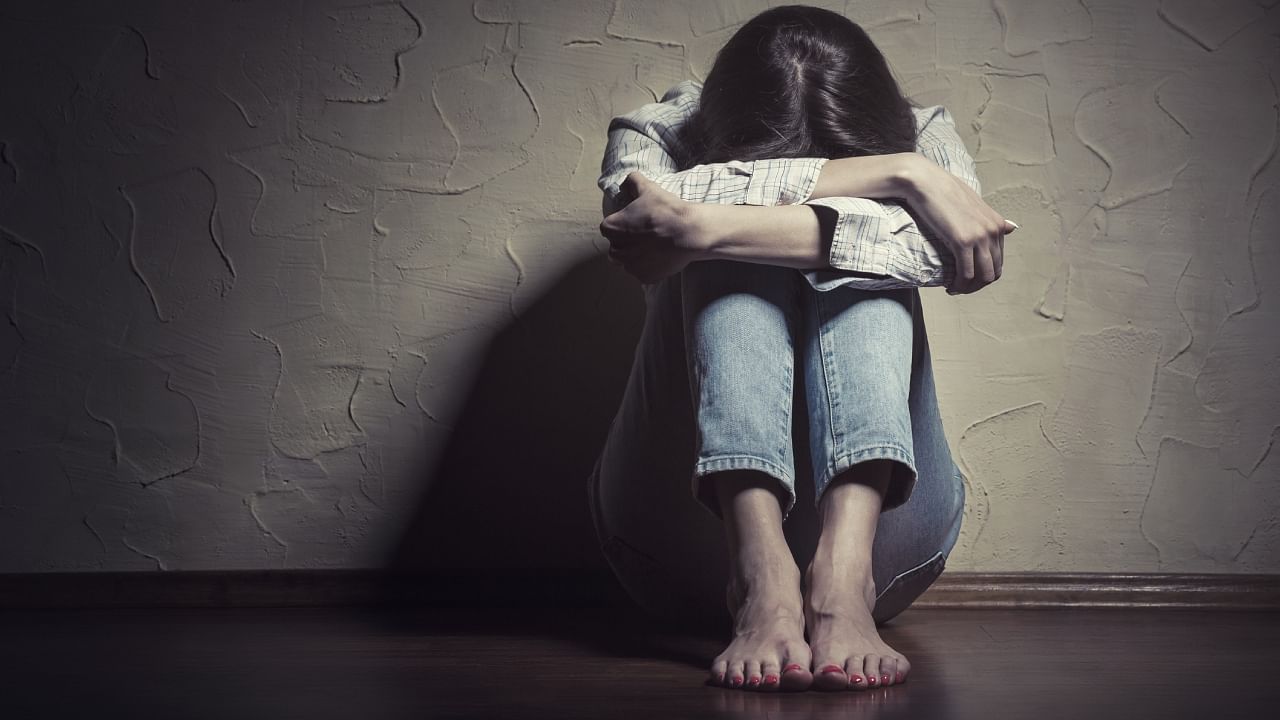
The Delhi High Court on Tuesday declared virginity tests on female detainees to be unconstitutional and sexist, months after the Supreme Court came down heavily on the use of the two-finger test to ascertain the sexual history of victims of sexual assault.
The Delhi HC, in its judgement, said the test was unconstitutional as it violated the right to dignity under Article 21 of the Constitution. "The concept of custodial dignity of a female will include her right to live with dignity even while in police custody. Conducting a virginity test on the pretext of reaching truth regarding allegations against her will amount to infringement and violation of her right enshrined in Article 21 of the Constitution," a single bench of Justice Swarana Kanta Sharma said.
So, what is the virginity test?
The virginity test or the two-finger test, also known as the PV (Per Vaginum) test, is a commonly used method in a number of South Asian countries to check the laxity of a woman's vaginal muscles, which is taken as a proxy of her sexual habits and/or history.
The test involves the insertion of two fingers into the vaginal canal of the test subject to check whether she has been subjected to penetrative sex. It is also used to attempt to determine whether the hymen is broken.
What did the SC say about it?
Coming down heavily on the use of the test on victims of sexual assault, the Supreme Court held that the test had "no scientific basis" an that it was "patriarchal and sexist" to even suggest that a "woman cannot be believed when she states that she was raped merely because she is sexually active."
The SC had further observed that the test was still use widely despite the Ministry of Health and Welfare's proscription of the test, and directed the Central and state governments to ensure that the test was not in use. It had further suggested the amending of curricla to ensure that the virginity test was not prescribed as a procedure for the examination of sexual assault victims.